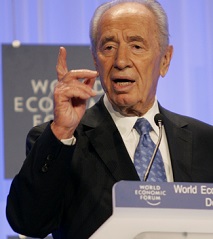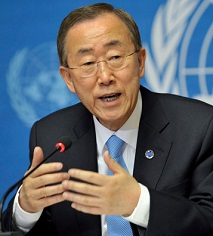
Hunger Striking to Death’s Door: Former Guantánamo Prisoner in Uruguay Seeks Family Reunification
In 2007, Abu Wa'el Dhiab (aka Jihad Diyab), surrounded by other prisoners on hunger strike in Guantánamo, decided not to join. He had refused to eat at other times (once because guards flushed the Koran down the toilet), but this time, he wasn't ready. With his fellow prisoners nearby wasting away, he requested to be moved. Permission denied.




